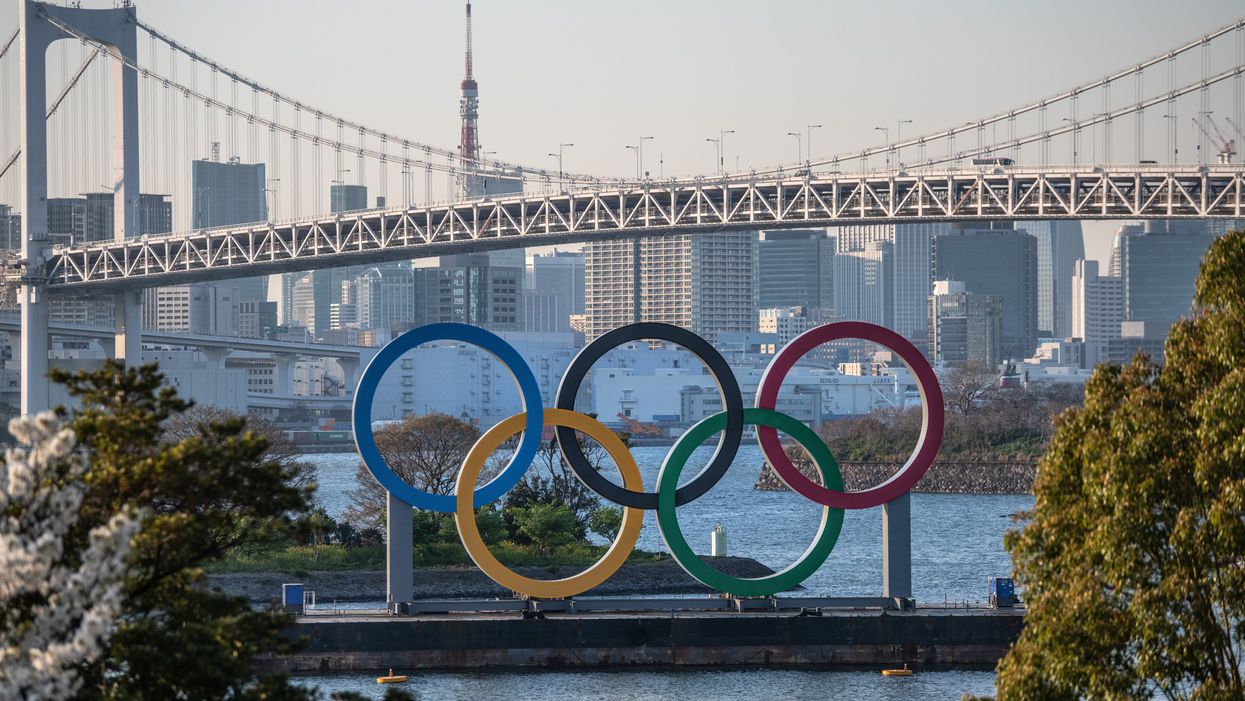News
Danielle Sinay
Jul 21, 2021

“I was led to believe that assessments would take into account vaccinations and documentations of other negative tests, but this appears not to have been the case.”
Getty Images
Reporting on the Olympic Games is a once in a lifetime opportunity — likely the inspiration behind many pursuing sports journalism as careers. But this year, sports reporters’ dreams have become a nightmare, as they’re being forced to isolate in minuscule hotel rooms and watch the games via livestream — despite continually testing negative for Covid.
Several journalists have complained that they’re being forced into isolation following exposure to Covid-19 en route to Japan, as reported by The Daily Beast. According to the publication, which has spoken with several reporters in isolation, journalists have been instructed to self-isolate for 14 days regardless of their vaccination status or Covid test results. Thus, reporters will most almost all of the games and person, and instead must watch via livestream in their hotel rooms, which they easily could have done in the comfort of their own homes.
What they feel is most unfair, however, is that while they were indeed exposed on flights to Japan, so too were Olympic athletes who were passengers on the same planes. The Olympians, however, are not required to quarantine.
Philip Barker, a reporter for Inside The Games based in Scotland — nearly 6,000 miles away from Tokyo — was put into mandatory self-isolation just four days after arriving in Japan. He’s since been trapped in a tiny hotel room in a Tokyo suburb.
“For me it is a frustration that I cannot do the job I’m here to do... but I fully recognise that there are many, many people in this world who are faced with far more serious problems,” Barker told The Daily Beast. “I was led to believe that assessments would take into account vaccinations and documentations of other negative tests, but this appears not to have been the case.”
Barker has produced multiple negative tests — and has both vaccines — but still, must remain inside his hotel room. “I fully appreciate that this is a difficult time but feel there could have been a greater degree of communication,” Barker added.
Quite like Barker, the entire BBC Scotland reporting team has been forced to isolate after being identified as a “close contact” of a positive case — only after travelling the 5,722 miles to get there.
“If an athlete is a close contact, they are able to continue to their training if they test negative every day. Apparently that rule does not apply to journalists,” wrote Barker’s colleague, Liam Morgan, who managed to evade being deemed a “close contact.” “This sets a concerning precedent for those of us here to cover the Games, so it is little surprise the Main Press Centre is hardly a happy place right now. We are already subjected to various restrictions as it is. This is excessive and, quite frankly, unacceptable.”
A BBC Scotland correspondent, who is stuck in isolation until July 30, concluded that while the “room is small” and food is not “being delivered,” the biggest frustration, as a journalist, “is watching the parade go by directly outside your window and not feeling part of it.”
Top 100
The Conversation (0)













